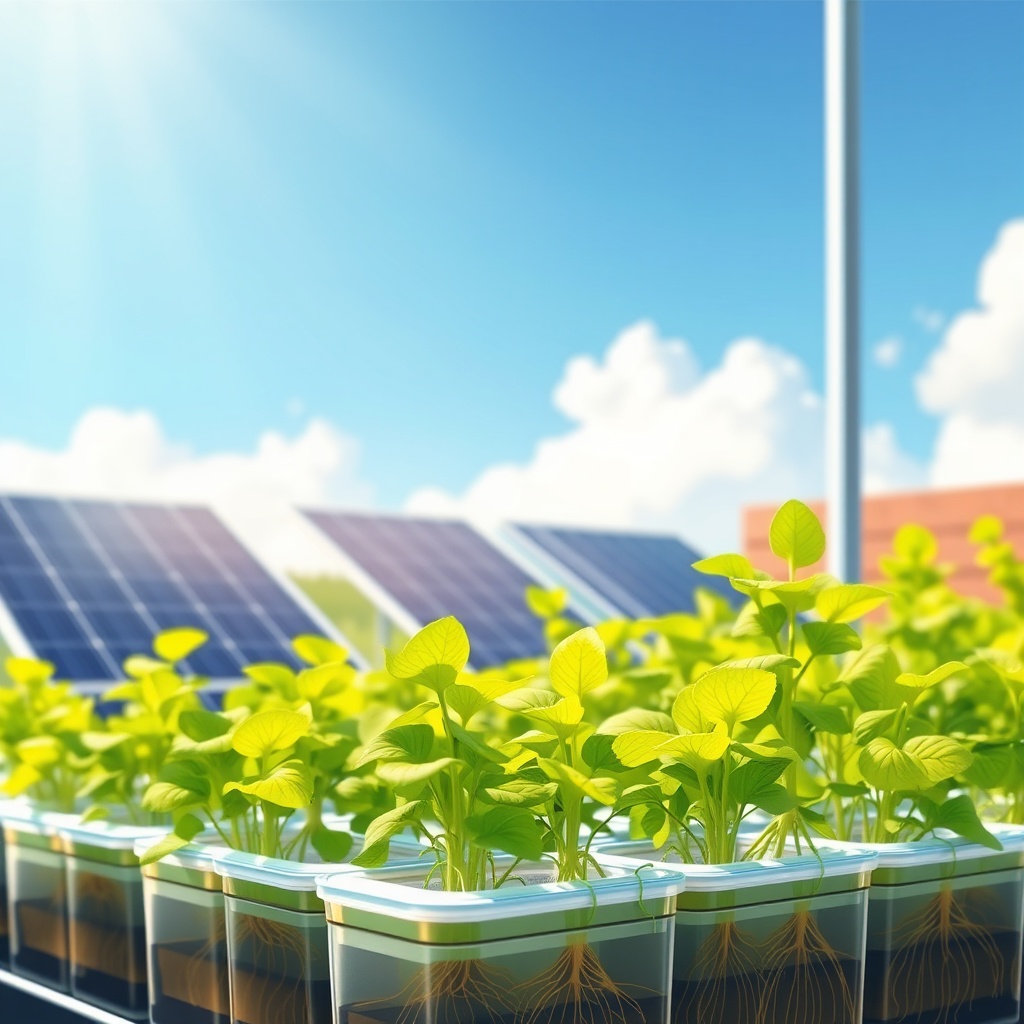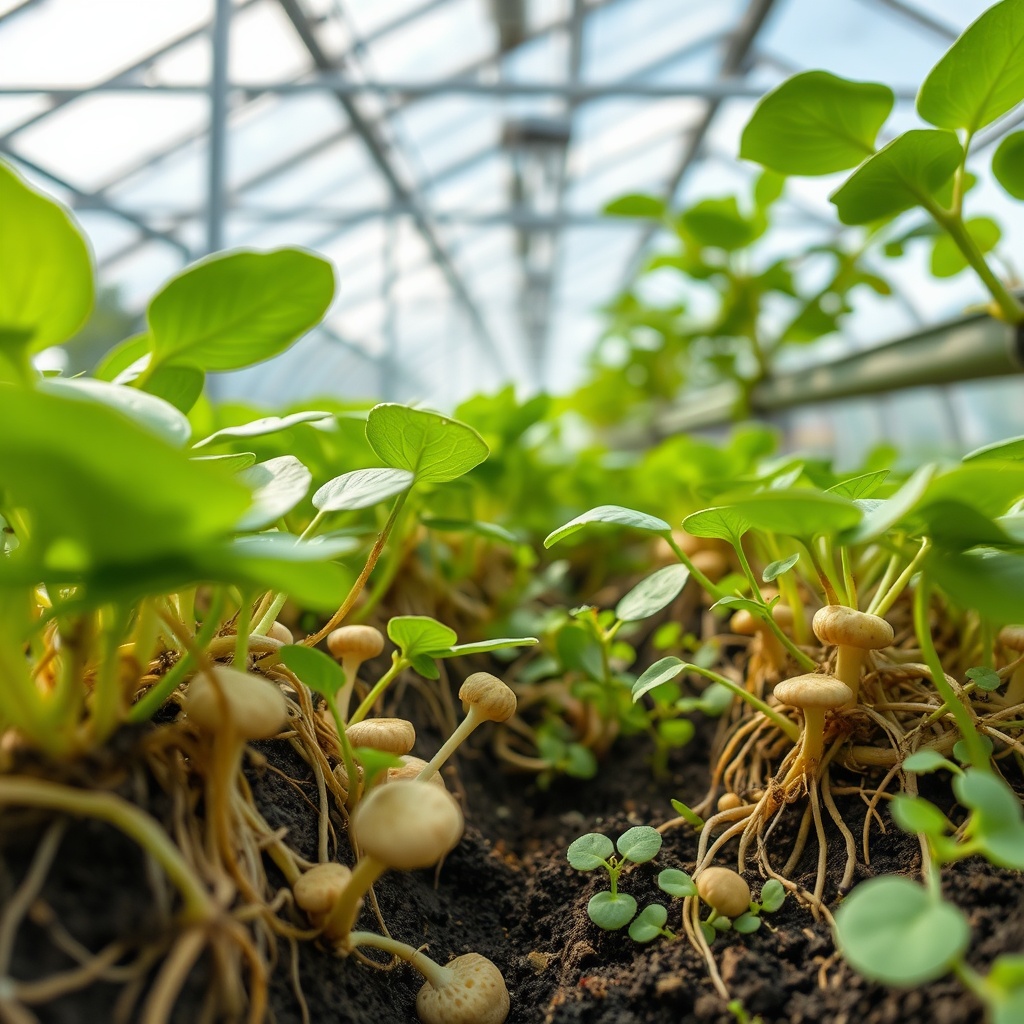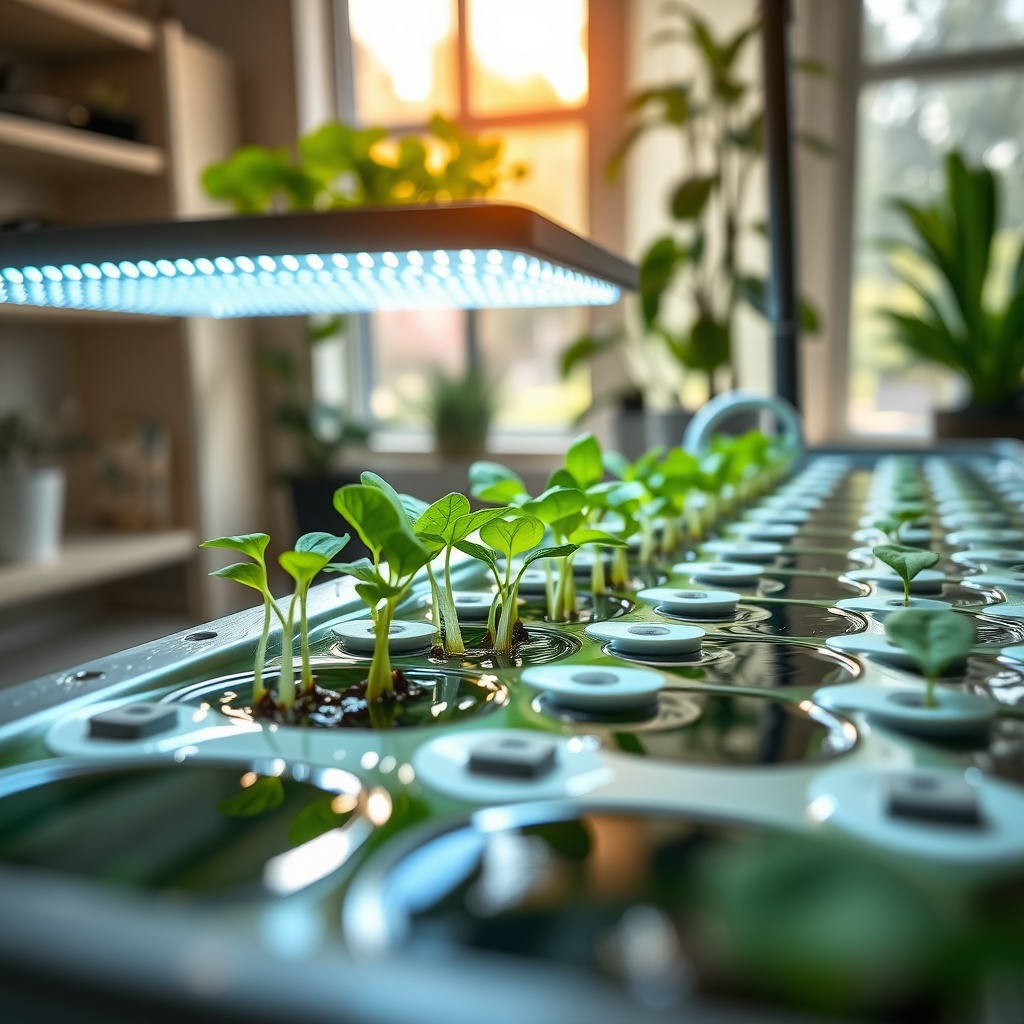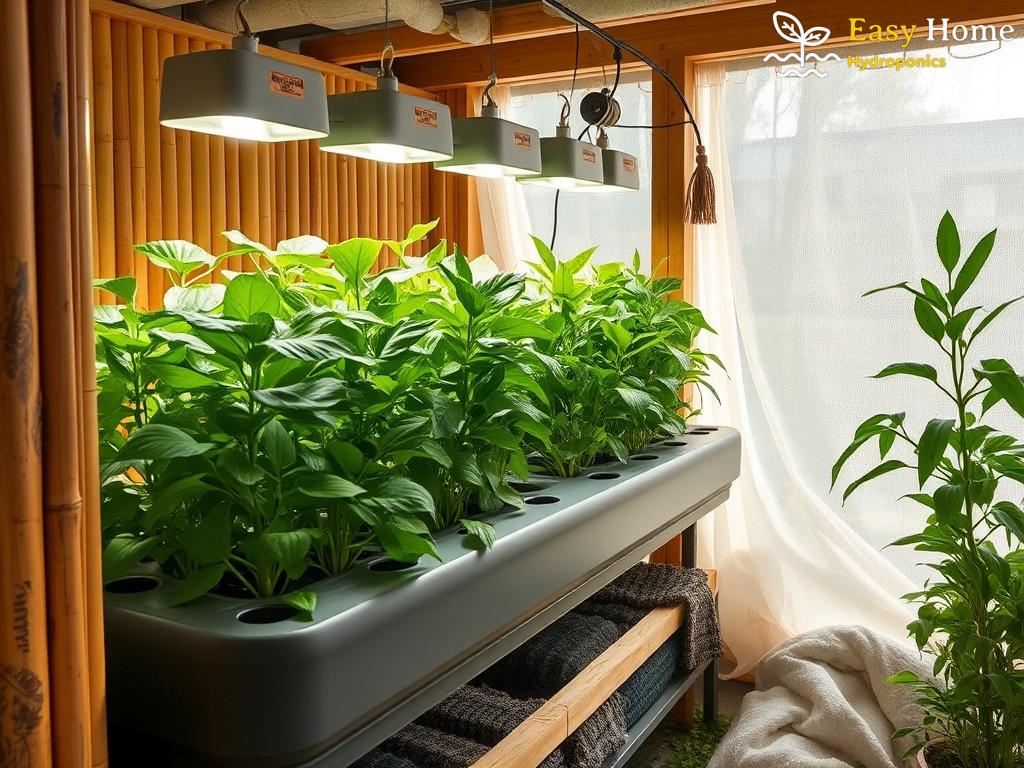The Rise of Sustainable Agriculture
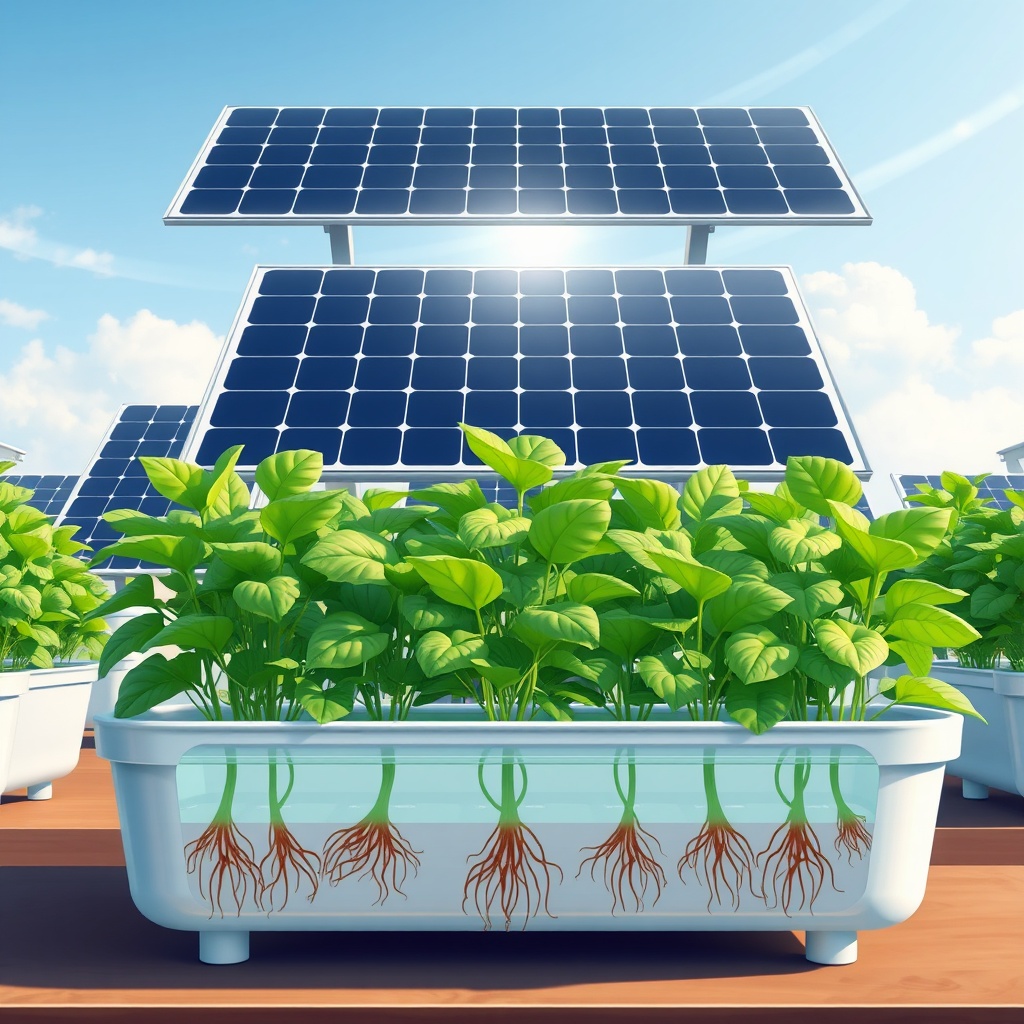
As climate change continues to affect our planet, the need for sustainable agricultural practices has never been more urgent. Farmers and researchers are increasingly turning to innovative solutions that not only produce food but do so in an eco-friendly manner. Among these solutions, solar-powered hydroponic systems stand out as a beacon of hope, merging technology with nature’s most powerful resource: sunlight.
How Solar-Powered Hydroponics Work
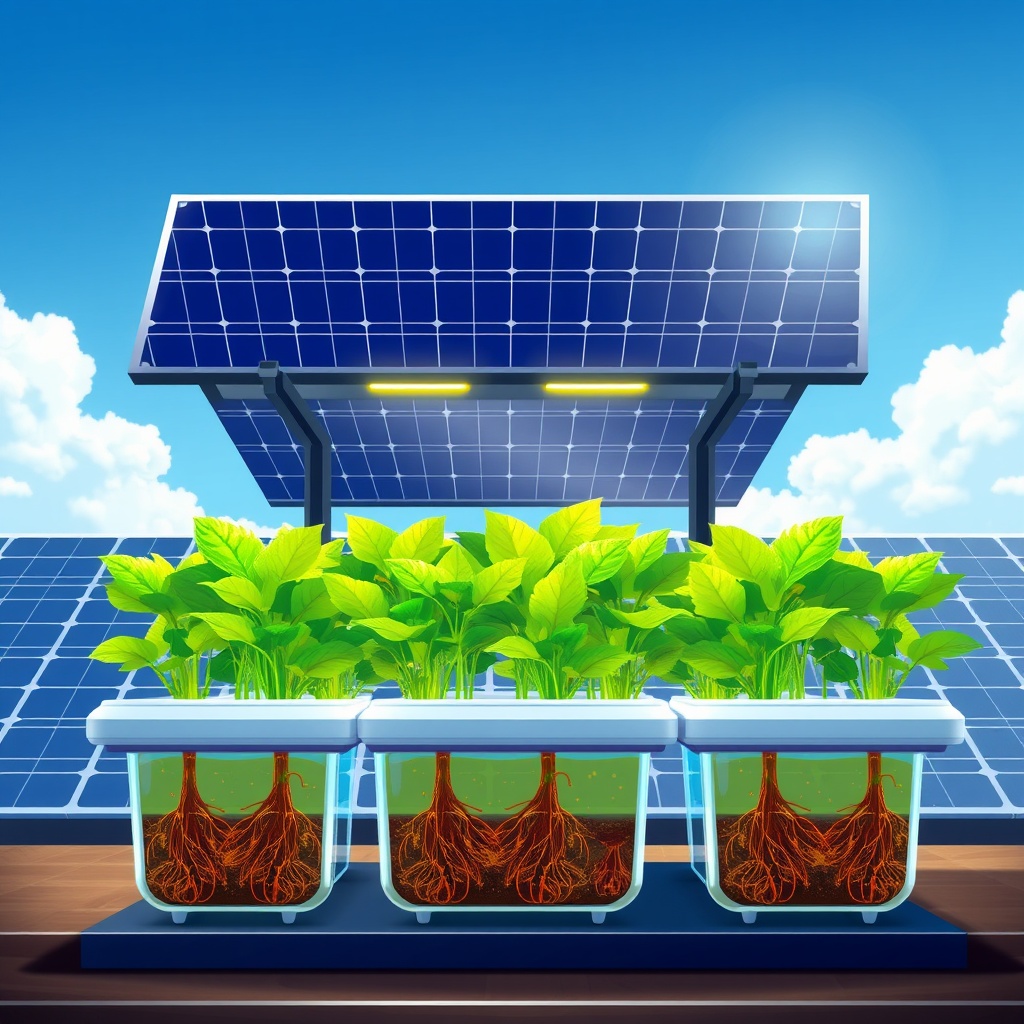
Solar-powered hydroponic systems utilize solar panels to generate electricity, which then powers the pumps and lights necessary for growing plants without soil. This method not only conserves water but also reduces reliance on chemical fertilizers, making food production more sustainable and healthier. The integration of solar energy into hydroponics creates a closed-loop system that minimizes waste and maximizes efficiency.
Here’s a brief overview of the components involved in a solar-powered hydroponic system:
- Solar Panels: Capture sunlight and convert it into electricity.
- Water Pumps: Circulate nutrient-rich water to the plants.
- Grow Lights: Provide additional light for photosynthesis, especially in regions with less sunlight.
- Nutrient Solutions: Deliver essential nutrients directly to plant roots.
Benefits That Inspire Change
Adopting solar-powered hydroponic systems presents a multitude of benefits that resonate deeply in today’s eco-conscious society. Not only do these systems reduce environmental impact, but they also promote food security and empower local communities. Here are some compelling advantages:
- Water Conservation: Hydroponics uses up to 90% less water than traditional farming methods.
- Reduced Carbon Footprint: Utilizing solar energy significantly lowers greenhouse gas emissions.
- Year-Round Production: Controlled environments enable continuous growing cycles, independent of seasonal changes.
- Space Efficiency: Hydroponic systems can be installed in urban areas, making food production accessible in cities.

